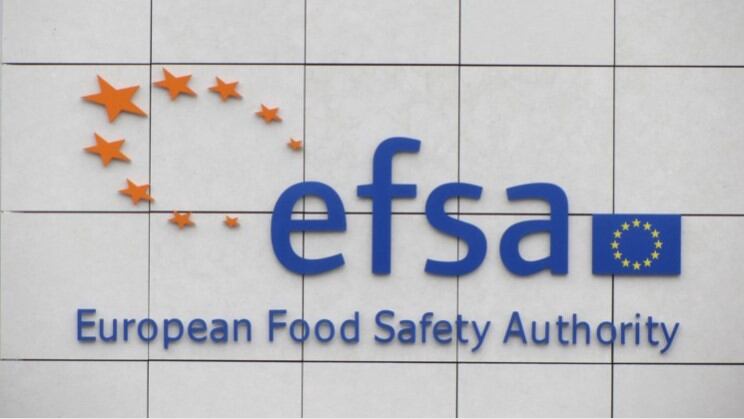The Authority’s Panel on Nutrition, Novel Foods and Food Allergens (NDA) concluded that cetylated fatty acids (CFAs), an ingredient used for joint health, is safe at an intake of 1.6 grams (g) per day for adults.
Discussing its reasoning in the EFSA journal, the NDA stated the Novel Food (NF), a mixture of cetylated fatty acids (around 83%) made from cetyl alcohol, myristic acid and oleic acid, of which there was no historic data.
‘No history of use outside EU’
To address potential subchronic toxicity, the applicant provided a 90-day study with rats, where the Panel considered no observed adverse effect levels (NOAELs) at 4,500 milligrams per kilogram body weight (mg/kg bw) per day - the highest dose tested.
“By applying the default uncertainty factor of 200 and considering a default body weight of 70 kg for the adult target population, this would result in an intake of 1.6 g per day, which is lower than the maximum intake proposed by the applicant (2.1 g per day),” the opinion stated.
The applicant, PharmaNutra, an Italian firm specialising in nutritional supplements and medical devices, said the NF had no history of use outside of the EU, but a similar ingredient ‘cetyl myristoleate complex (CMC)’ had been authorised by the Korean Food and Drug Administration in 2009.
In its 2010 opinion on another NF application for cetylated fatty acids, the Panel noted the NF was produced and sold in quantities over 10kg in the US between 1996-2008 with no adverse effects reported.
FutureCeuticals
At the start of the month, the NDA ruled the NF, calcium fructoborate, was safe for the adult population, excluding pregnant and lactating women, at levels up to 220 mg/day (3.14 mg/kg bw per day).
Calcium fructoborate, a natural plant mineral borate complex containing boric acid and calcium carbonate, is said to provide effective support against the discomfort linked to joint degeneration.
Commission Regulations have ruled boric acid is a permitted form of boron and calcium carbonate is a permitted form of calcium for use in the manufacture of food supplements.
The applicant, US supplement maker, FutureCeuticals added that the NF has been marketed and consumed as food supplement (216 mg/day) in U.S. and Canada for more than 17 years.
They added that as few data was available regarding the safety of the NF in pregnant and lactating women, infants, children or adolescents, these population groups were excluded and limited only to the general adult population.
DSM out of luck
Finally, the NDA panel reported it could not decide whether it was safe for children (3–10 years) to consume calcidiol monohydrate at the proposed daily intake of up to 10 micrograms per day (μg/day).
It noted that, in children, for high consumers, the combined intake of the NF (5μg/day) and of calcidiol and vitamin D from the background diet, would approach the upper limit for vitamin D (D2 & D3) in children of age 3–10 years old.
The Panel added that the applicant, DSM wanted to add the NF to food supplements as a preparation containing 0.25% to 0.275% w/w of calcidiol.
“This could result in the UL for vitamin D in children of this age being exceeded,” EFSA pointed out. “Given the uncertainties, the Panel could not conclude on the safety of consumption of the NF in children of 3–10 years at the proposed daily intake.”




